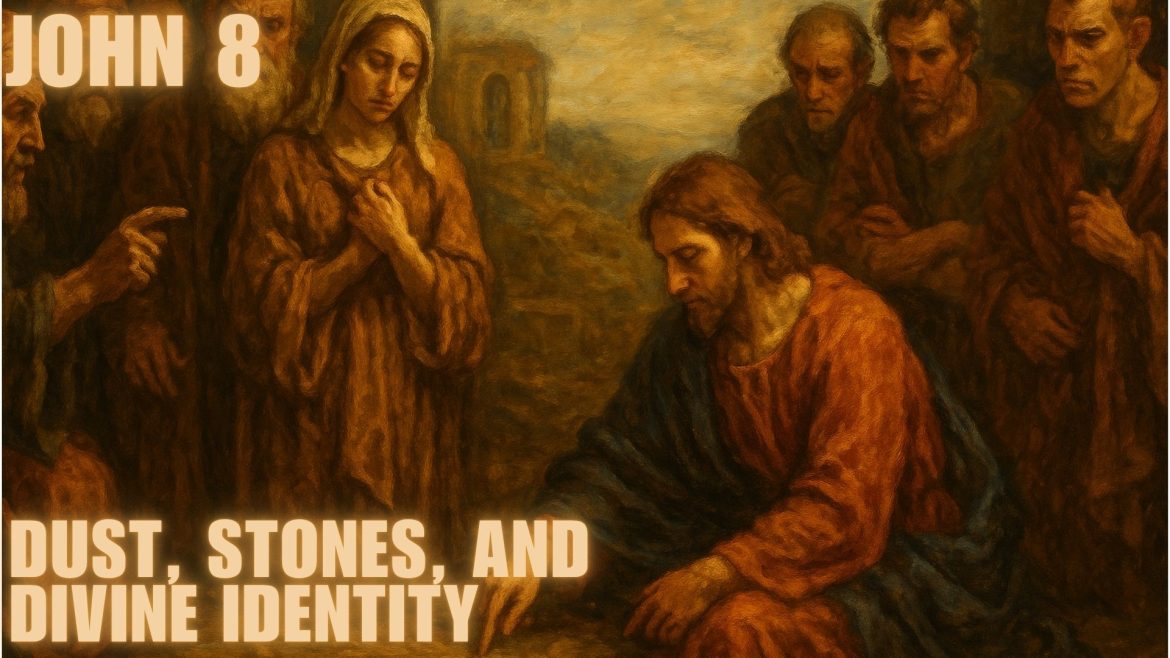The Gospel of John, renowned for its deep theological insights, offers an illuminating exploration of Jesus’ teachings. In John 8, we encounter profound narratives that reflect Jesus’ identity and mission through various symbolic events and discourses, enhancing our understanding of his divine nature and purpose.
Festival Significance and Symbolism
John 8 takes place during the Festival of Booths, a time of celebrating Israel’s history of wandering in the desert, guided by God’s presence. This backdrop enriches the narrative, as Jesus aligns himself with the symbols of sustenance, guidance, and light. He identifies as the bread of life, the source of living water, and the light of the world, directly referencing God’s provision in the desert.
The Story of the Adulterous Woman
One of the most compelling stories in John 8 is the encounter between Jesus, the Pharisees, and the woman caught in adultery. The Pharisees, attempting to trap Jesus, present the woman, demanding her punishment as prescribed by Mosaic law. Jesus’ response, “Let him who is without sin cast the first stone,” underscores his wisdom and compassion. This moment highlights the hypocrisy of the accusers and Jesus’ deeper understanding of mercy and justice. Notably, some scholars suggest that Jesus wrote the names of the accusers in the dust, symbolizing their sins being exposed and that it too can be forgiven.
Jesus as the Light of the World
Jesus’ declaration, “I am the light of the world,” is a pivotal moment in John 8. This statement ties back to the creation narrative and God’s guidance during the Exodus. By presenting himself as the light, Jesus invites believers to walk in divine illumination, avoiding the pitfalls of spiritual darkness. His teachings emphasize the transformative power of following him, offering clarity, purpose, and direction in life.
The Promise of Freedom
Jesus’ assertion, “The truth will set you free,” addresses the spiritual bondage of sin. He contrasts physical lineage and spiritual inheritance, challenging the notion that mere ancestry to Abraham guarantees freedom. True liberation, Jesus argues, comes through adherence to his teachings and belief in his divine nature. This freedom is not merely political or social but deeply spiritual, liberating individuals from the enslavement of sin.
Jesus’ Eternal Nature
Perhaps the most profound declaration in John 8 is Jesus’ statement, “Before Abraham was, I am.” This assertion connects Jesus to the divine name revealed to Moses in the burning bush, affirming his eternal existence and unity with God the Father. This revelation intensifies the conflict with the Pharisees, who perceive it as blasphemy, yet it remains a cornerstone of Christian belief in Jesus’ divinity.

